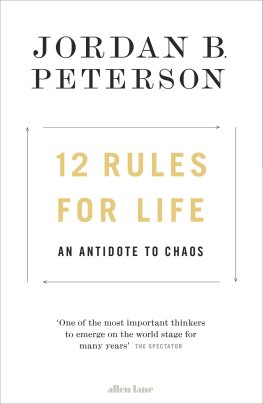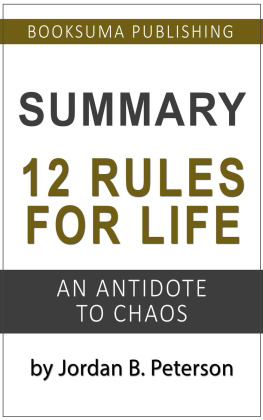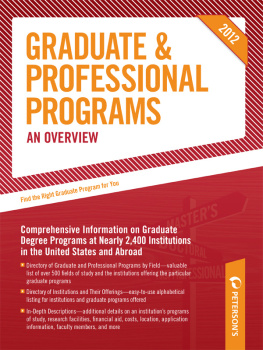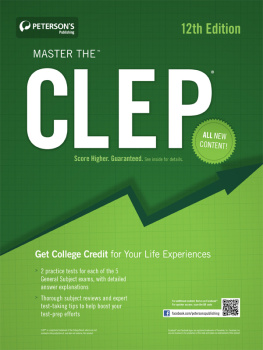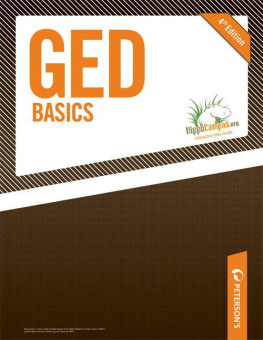Marc Champagne - Myth, Meaning, and Antifragile Individualism: On the Ideas of Jordan Peterson
Here you can read online Marc Champagne - Myth, Meaning, and Antifragile Individualism: On the Ideas of Jordan Peterson full text of the book (entire story) in english for free. Download pdf and epub, get meaning, cover and reviews about this ebook. year: 2020, publisher: Andrews UK, genre: Romance novel. Description of the work, (preface) as well as reviews are available. Best literature library LitArk.com created for fans of good reading and offers a wide selection of genres:
Romance novel
Science fiction
Adventure
Detective
Science
History
Home and family
Prose
Art
Politics
Computer
Non-fiction
Religion
Business
Children
Humor
Choose a favorite category and find really read worthwhile books. Enjoy immersion in the world of imagination, feel the emotions of the characters or learn something new for yourself, make an fascinating discovery.

- Book:Myth, Meaning, and Antifragile Individualism: On the Ideas of Jordan Peterson
- Author:
- Publisher:Andrews UK
- Genre:
- Year:2020
- Rating:5 / 5
- Favourites:Add to favourites
- Your mark:
Myth, Meaning, and Antifragile Individualism: On the Ideas of Jordan Peterson: summary, description and annotation
We offer to read an annotation, description, summary or preface (depends on what the author of the book "Myth, Meaning, and Antifragile Individualism: On the Ideas of Jordan Peterson" wrote himself). If you haven't found the necessary information about the book — write in the comments, we will try to find it.
Jordan Peterson has attracted a high level of attention. Controversies may bring people into contact with Petersons work, but ideas are arguably what keep them there. Focusing on those ideas, this book explores Petersons answers to perennial questions. What is common to all humans, regardless of their background? Is complete knowledge ever possible? What would constitute a meaningful life? Why have humans evolved the capacity for intelligence? Should one treat others as individuals or as members of a group? Is a single person powerless in the face of evil? What is the relation between speech, thought, and action? Why have religious myths and narratives figured so prominently in human history? Are the hierarchies we find in society good or bad? After devoting a chapter to each of these questions, Champagne unites the different strands of Petersons thinking in a handy summary. Champagne then spends the remaining third of the book articulating his main critical concerns. He argues that while building on tradition is inevitable and indeed desirable, Petersons individualist project is hindered by the non-revisable character and self-sacrificial content of religious belief. This engaging multidisciplinary study is ideal for those who know little about Petersons views, or for those who are familiar but want to see more clearly how Petersons views hang together. The debates spearheaded by Peterson are in full swing, so Myth, Meaning, and Antifragile Individualism should become a reference point for any serious engagement with Petersons ideas.
Marc Champagne: author's other books
Who wrote Myth, Meaning, and Antifragile Individualism: On the Ideas of Jordan Peterson? Find out the surname, the name of the author of the book and a list of all author's works by series.

